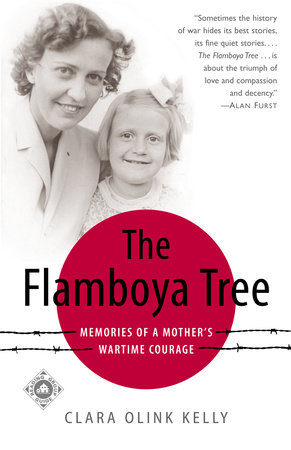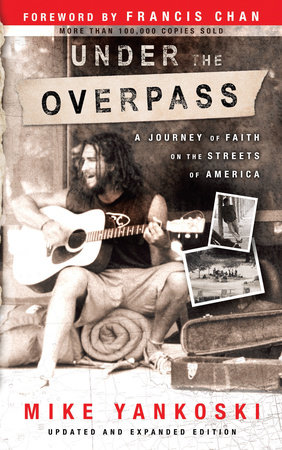

The Flamboya Tree
By Clara Kelly
By Clara Kelly
By Clara Kelly
By Clara Kelly
Category: Biography & Memoir | World War II Military History
Category: Biography & Memoir | World War II Military History

-
$15.00
Apr 08, 2003 | ISBN 9780812966855
-
Oct 19, 2011 | ISBN 9781588361509
YOU MAY ALSO LIKE
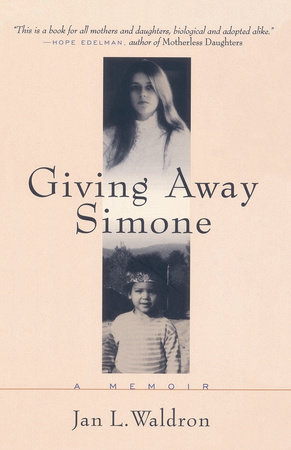
Giving Away Simone
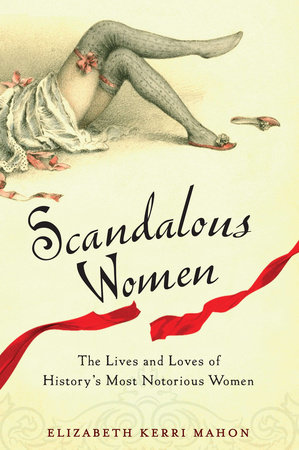
Scandalous Women
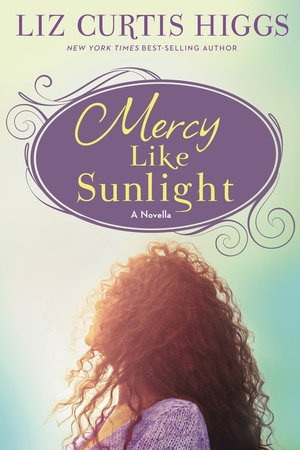
Mercy Like Sunlight
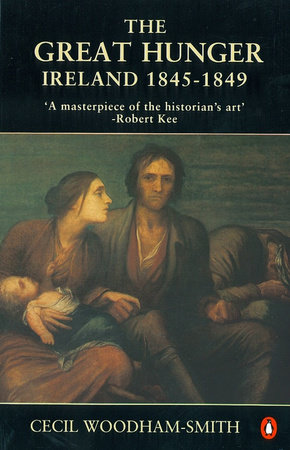
The Great Hunger
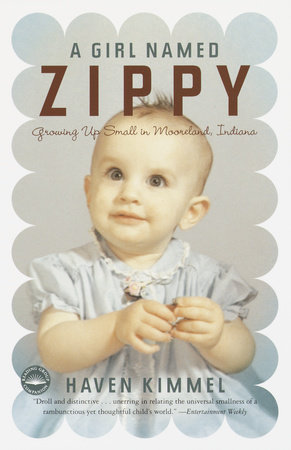
A Girl Named Zippy
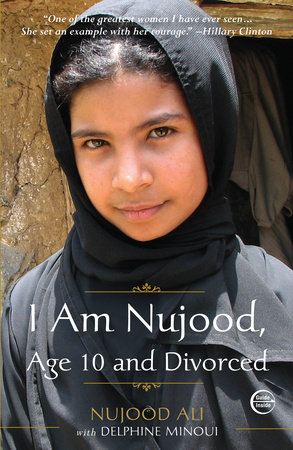
I Am Nujood, Age 10 and Divorced
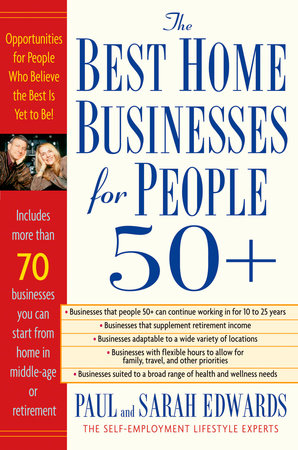
Best Home Businesses for People 50+
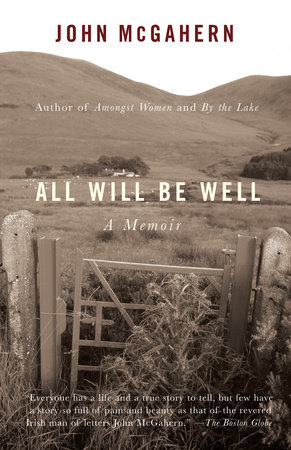
All Will Be Well
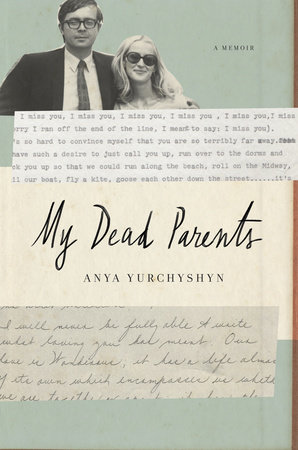
My Dead Parents
Praise
Advance praise for
The Flamboya Tree
“The Flamboya Tree is that rare treasure—a memoir so powerful and
vivid that it draws the past into the present and
makes us all history’s creatures.”
—Amanda Foreman, author of Georgiana, Duchess of Devonshire
“Sometimes the history of war hides its best stories, its fine,
quiet stories. The Flamboya Tree is such a story, with some kinship to Nicholas Gage’s Eleni, and, in the same extraordinary way,
is about the triumph of love and compassion and decency.”
—Alan Furst, author of Kingdom of Shadows
“Surefooted and bighearted, Kelly’s narrative offers testimony to
the sustaining power of dignity and courage in the face of
impossible circumstance.”
—Beth Kephart, author of A Slant of Sun
“As Clara Kelly honors her mother’s memory, we are reminded that
not all the heroes of World War II faced the bullets of the battlefield.”
—James Bradley, author of Flags of Our Fathers
“The Flamboya Tree is like a bright jewel found in the dust of
fading history. I was bowled over by this book.”
—Carolyn See, author of The Handyman
“Simply told, deeply felt, Kelly’s The Flamboya Tree shows us
that adversity can transform our lives into courageous,
life-affirming works of art.”
—Gwyn Hyman Rubio, author of Icy Sparks
21 Books You’ve Been Meaning to Read
Just for joining you’ll get personalized recommendations on your dashboard daily and features only for members.
Find Out More Join Now Sign In








